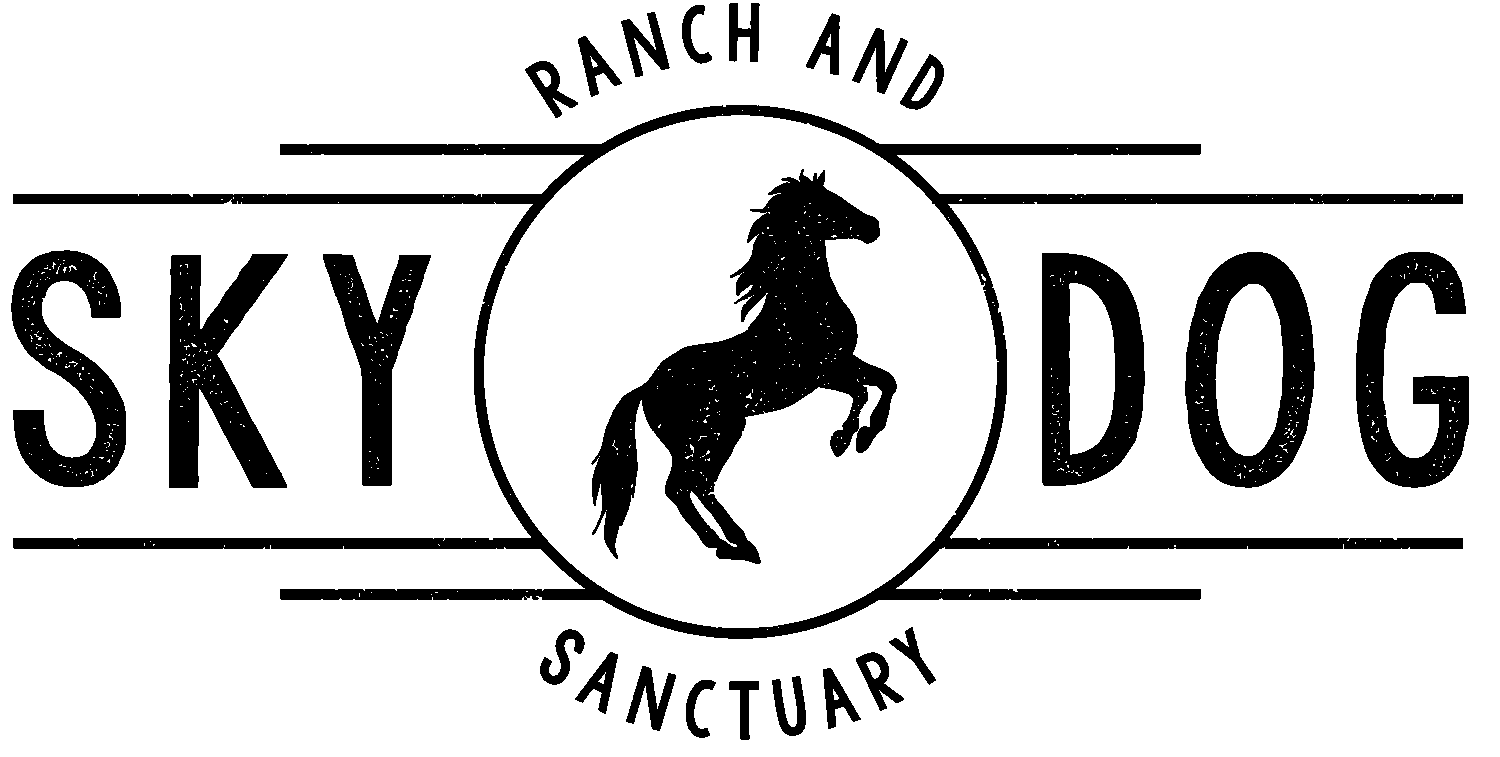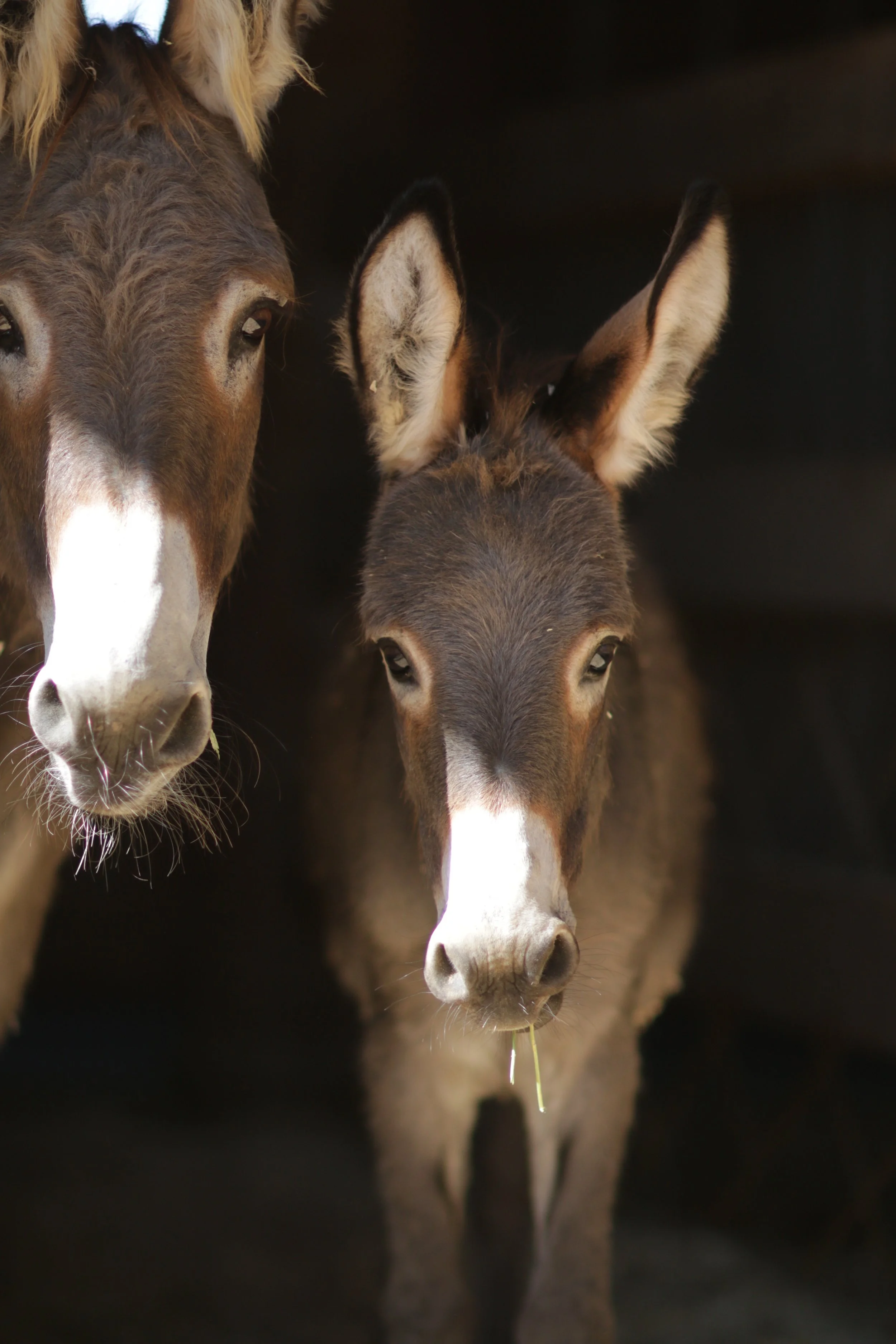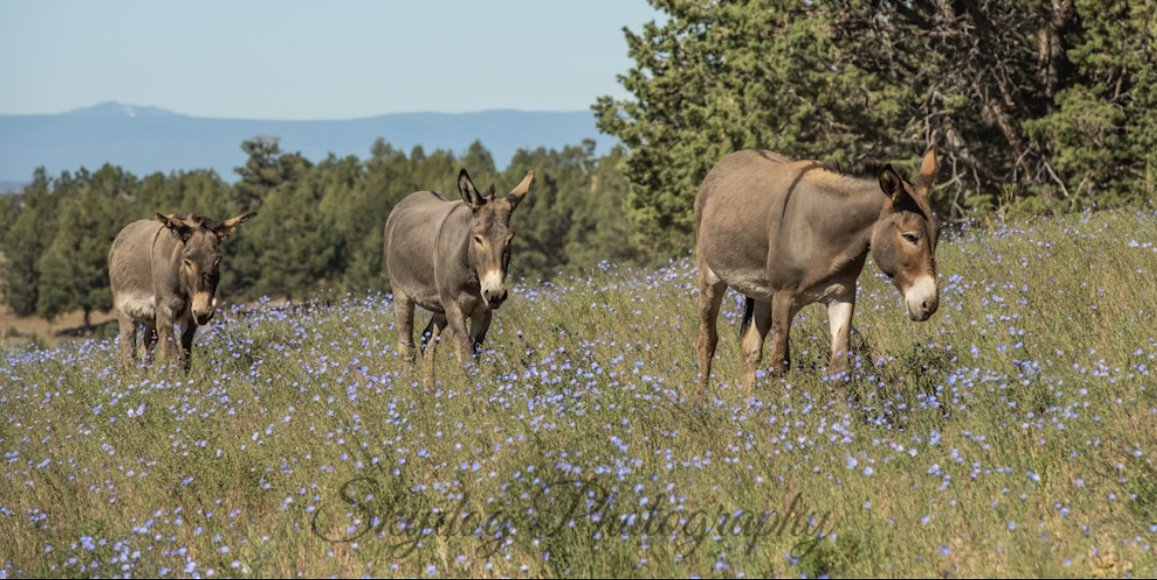The Ejiao Act of 2023
Please contact your Representative in the House and ask them to cosponsor the Ejiao Act (H.R. 6021). Call the Capitol Switchboard: (202) 224-3121 or send them an email via the contact forms on their individual websites.
The Ejiao Act will ban the sale or transportation of ejiao, a gelatin made from boiling donkey skin, or products containing ejiao in interstate or foreign commerce.
putting Pressure on Amazon
The first step in reducing demand for ejiao is by shutting down access to products that contain it. We need to put pressure on Amazon, the world’s largest purchasing online platform, to stop the sale of ejiao beauty products. This will have an impact on the economic gain of those involved in manufacturing ejiao – both legal and illegal suppliers.
Many organizations are advocating for bans on the legal slaughter of donkeys, securing support from international organizations, including the UN’s Food & Agriculture Organization, educating communities on safeguarding their donkeys, fighting the illegal trade with local governments’ support and more.
Together we can make a difference. Please join us and write or email Andy Jassy, newly appointed CEO of Amazon, email or send to:
Amazon Corporate Headquarters
410 Terry Ave N.
Seattle, WA 98170
Be sure to copy Amazon’s Office of Public Policy, ATTN: Robert Diznof at RDDiznof@amazon.com or via mail at:
Amazon Office of Public Policy
1800 S Bell Street
Arlington, VA 22202
Suggested text:
Please stop the sale of ejiao and related products on Amazon.
The demand for donkey hides has caused an explosion of donkey smuggling and slaughtering, affecting the poorest of families who rely on the labor of their donkeys to survive and creating unacceptable welfare conditions for these animals.
It is estimated that 4.8 million donkey hides a year are needed to satisfy the demand for Ejiao. At the current rate, the global donkey population of 44 million will have diminished by 50%.
As a global corporate leader, Amazon should set an example and protect donkeys from slaughter and extinction. Amazon states that it is committed to supporting our planet’s wellbeing. Prove this mission by stopping the sale today.
Sincerely,
[Your Name Here]
Millions of donkeys are brutally slaughtered to make ejiao (pronounced: eh-gee-yow) primarily for beauty products and Chinese medicine. Once a luxury item reserved for China’s elites, ejiao is now sold to the country’s growing middle class. Unable to keep up with ravenous demand domestically, Chinese traders take donkeys wherever they can get them. This makes American donkeys and burros targets of kill buyers for shipping to slaughter. Populations have plummeted in countries in South America and Africa, hurting poor communities that depend on their work animals for survival. Given their slow gestation period and growth to maturity, some breeds are facing extinction.
Philip Mshelia, an equine veterinarian and researcher at Ahmadu Bello University in Zaria, Nigeria describes what the animals suffer:
“After buying donkeys at markets, traders often drive large herds to slaughter, sometimes covering hundreds of kilometers with no rest, food, or water. Those transported by truck fare worse: Handlers tie their legs together and sling them onto piles or strap them to the top of the truck, Mshelia says. Animals that survive the journey—many with broken or severed limbs—are unloaded by the ears and tails and tossed in front of a slaughterhouse. Some meet their end in an open field where humans await them with hammers, axes, and knives.”
(Donkeys Face Worldwide Existential Threat | Science Magazine | 13 December 2019)
Incomprehensibly, donkeys, burros, mules, and hinnies are victims of negative stereotypes when they are, in fact, extremely intelligent and sensitive. As you have seen at Skydog, it is hard to walk through a donkey herd without each one insisting on a kiss and a scratch behind the ears. Waldo, Firefly, Boots, Flopsy & Fufu, the Peanuts Gang and the babies, Woodstock, Marcie Marshmallow, and Forest, are the most gentle, loving beings with a passion for life.
After China and Hong Kong, the United States is the third-largest importer with some $12,000,000 in annual ejiao imports. This puts the aggressive roundups of federally-protected burros from public lands by the Bureau of Land Management (BLM) in an even more sinister light. Many are illegally funneled to kill pens, where they are at high risk of being purchased for their skins.
As awareness increases, US-based companies are beginning to remove products that contain ejiao from the market, but a federal law is needed to stop its sale and transportation in interstate and foreign commerce. H.R. 6021 has been re-introduced in the House by U.S. House Representative Don Beyer (D-VA) to do just that. When the European Union banned horse meat that is processed in Mexican slaughterhouses, the number of American horses being shipped across US borders for slaughter dropped from 150,000 to 20,000 a year. A US ban on ejiao imports could have a similar impact, saving the lives of countless beautiful souls.



